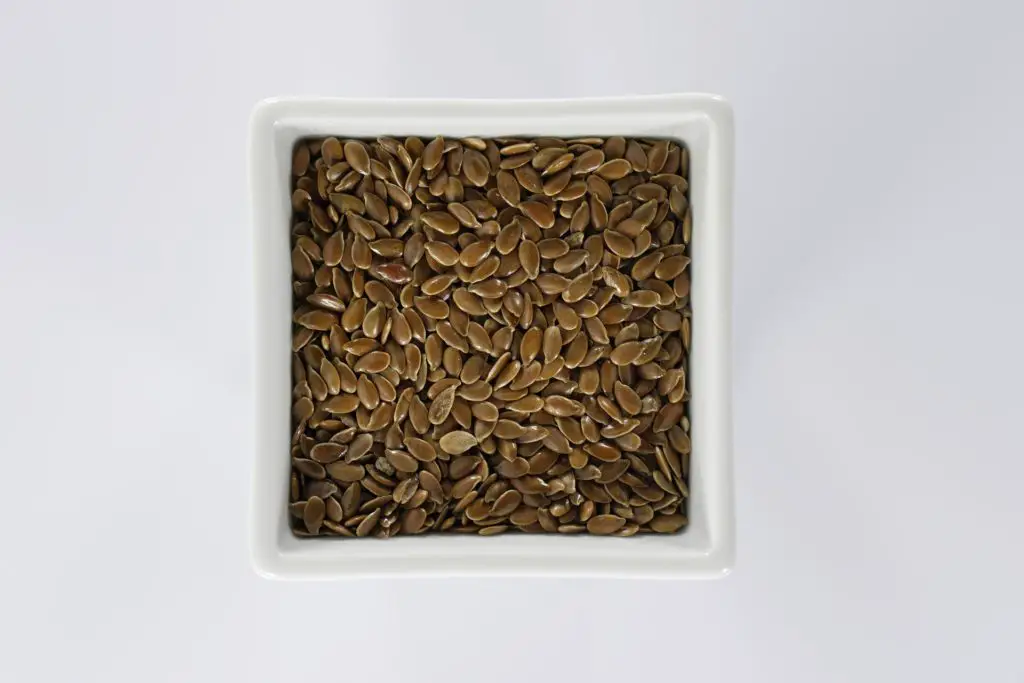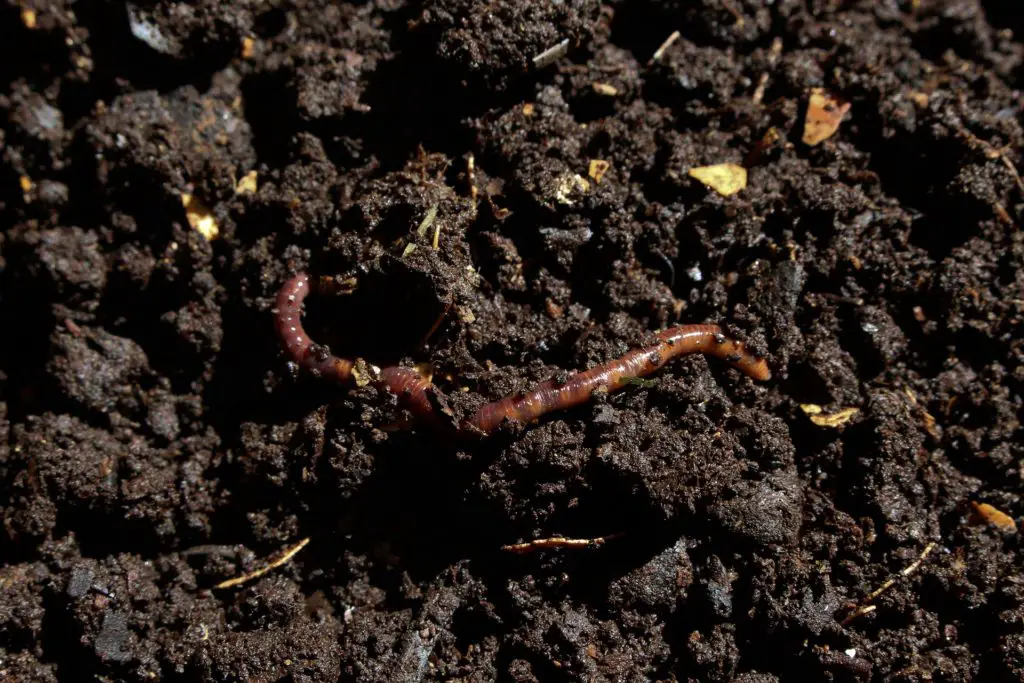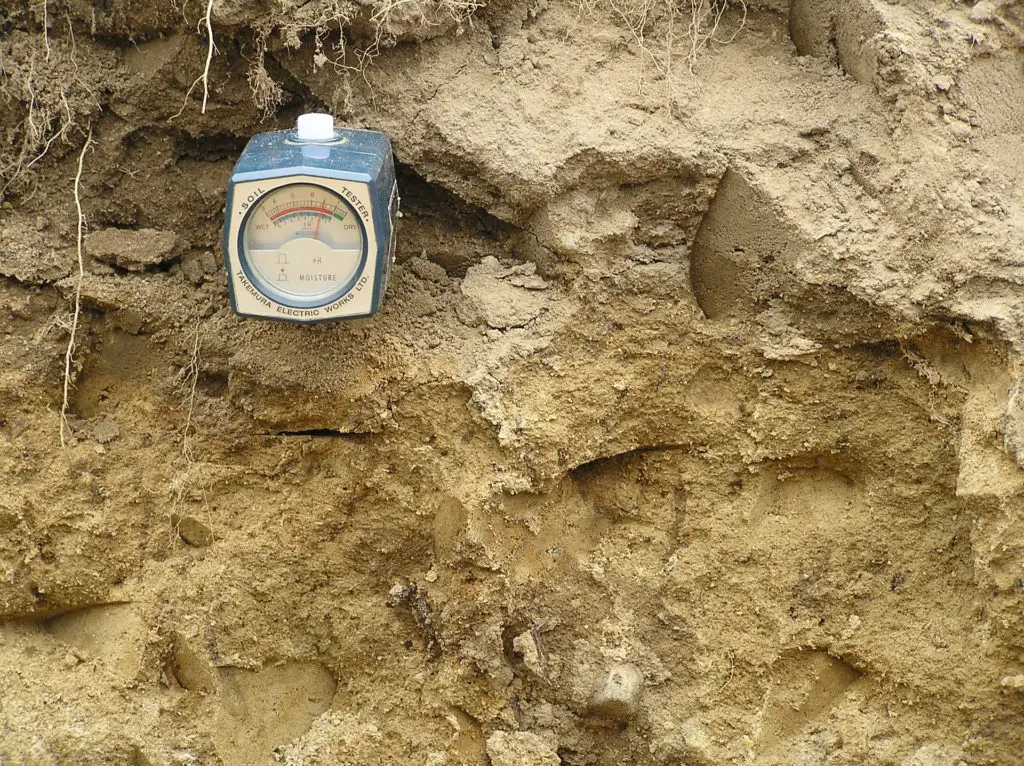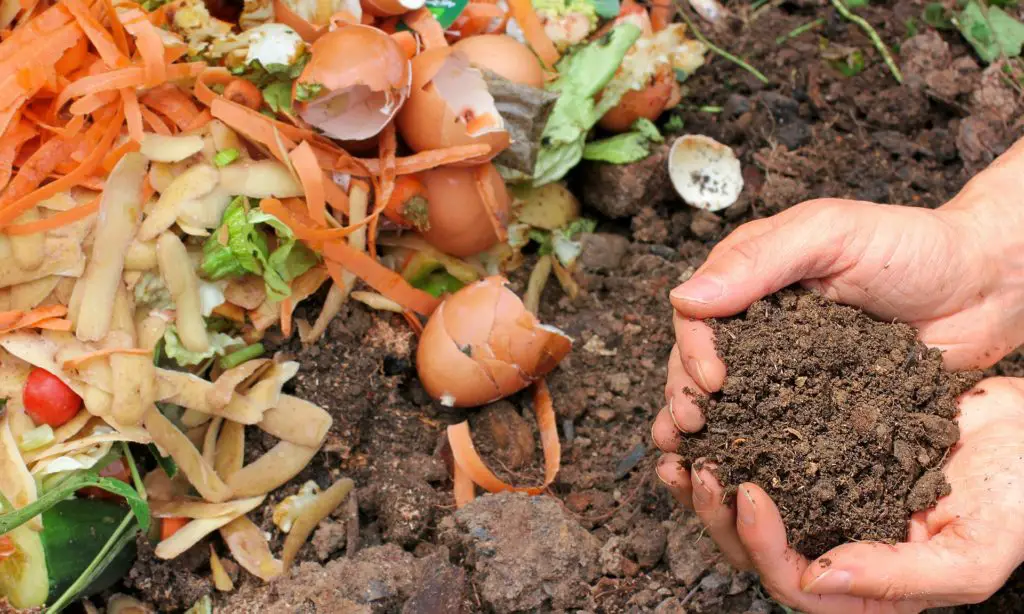Hello folks! If you’re a gardening freak and want to grow disease-free vegetables fast, stick around. You’re about to get a lot of information about the organic fertilizers that will help boost your yield manifold. This blog post will talk about some of the best organic fertilizers for your vegetable garden.
Table of Contents
A Brief Introduction to Organic Fertilizers
Organic fertilizers are generated without the use of chemicals or manufactured materials. These fertilizers are obtained as a result of recycling or are produced by using members of the animal and plants kingdoms. These fertilizers are widely used in both industrial farming and home gardening. Organic fertilizers have become an essential requirement for a garden. They help in the growth of plants and provide the plant with fertility. The use of organic fertilizers in the garden is effective for the soil, plants, and the environment.
Organic Fertilizers Vs Synthetic Fertilizers
If you are new to vegetable gardening, you might be wondering if there is a difference between organic and synthetic fertilizers. Is one better than the other or do they just serve the same purpose? Well, synthetic fertilizers are created in a lab to provide the ideal nutrient balance and organic fertilizers are derived from natural materials. Organic fertilizers are being used to replace synthetic fertilizers in many industries, with the main reasons being the deteriorating health of agricultural land and water bodies, rising labor costs, the high cost of chemical fertilizers, increased levels of pollution, the need for effective real-time management of farm resources and increasing consumer awareness of the potential health benefits of organic products.
As far as your vegetable garden, organic fertilizers are a great option for you if you want to grow your food and want to avoid synthetic chemicals. Synthetic fertilizers, although are a good choice for gardeners who want the quickest, easiest results, they are harmful to the environment. Organic fertilizers, as mentioned earlier, also tend to be beneficial to the environment as most of them are completely biodegradable. A scientific study proves that organic fertilizers are becoming more popular as many people like the idea of being able to produce their fertilizer and not having to rely on synthetic chemical fertilizer.
Best Organic Fertilisers for Vegetables
Following are some of the best options of organic fertilizers to multiply the yield of your vegetables.
Compost
Compost is important for all gardening as it adds nutrients, improves drainage, and increases the amount of available water when it rains, which would otherwise drain away. Compost is created by allowing the natural breakdown of biodegradable elements by microorganisms and fungi, which results in the reduction of the amount of waste. Compost can be created at home or garden centres and come in many different forms.
Flax Seed Meal

Well, flaxseed meal is a by-product of the flaxseed oil industry. The meal is produced when the oil is extracted from the flaxseed using solvent extraction. The oil is pressed out of the flax seeds and the remaining meal is sold as a relatively cheap organic fertilizer. Flaxseed meal is rich in nitrogen and is an excellent source of plant protein. It is also a good source of magnesium, calcium, nitrogen, copper, zinc, and iron. It replenishes nutrients to the soil that have been depleted. It is also a natural weed inhibitor.
Flaxseed meal is best used when mixed with other fertilizers, especially if the soil is low in nitrogen. It is recommended that you do a soil test before using it, as it can burn plants if there is too much nitrogen in the soil.
Soybean Meal
Let’s talk about soybean meal now! It is an excellent organic fertilizer for vegetables and is a good alternative to organic manures. Soy meal is a byproduct of soybean oil extraction and is obtained by dehulling, cracking, and solvent extraction of the soybean. It is a dark brown, pasty material with a distinctive odour. Soybean meal is manufactured by further grinding the dehulled meal and removing the oil. Soybean meal contains about 10-14% nitrogen, 60-66% phosphoric acid, and 1-1.5% potash. It can be applied to the soil before planting, or after planting when the plants are established. It is much more concentrated in the major nutrients than many other organic fertilizers.
Manure
Chicken Manure
Chicken manure is a great choice for your vegetables as it is more nitrogen-rich than other animal manures. The nitrogen content is vital for the growth of leafy vegetables, like lettuce and cabbage. Its high nitrogen content also makes chicken manure an excellent choice for root vegetables, like carrots and potatoes. Apart from nitrogen, chicken manure is also rich in phosphorous, which is an important ingredient for flowering plants. It also contains potash, which is necessary for the growth of fruiting vegetables like tomatoes.
Chicken manure can also be used as a compost activator to decompose your garden and kitchen waste faster. It is also good at retaining moisture in the soil. Chicken manure is also an excellent choice for gardeners who suffer from allergies. It is a great alternative to chemical fertilizers, which can cause allergic reactions in some people.
Horse Manure
Horse manure is one of the best organic fertilizers for vegetables. It has a very high nitrogen content. This means that it is also good manure for grass. You always have to be careful with manures, because some can carry diseases and parasites that can affect you or your livestock. Horse manure is one of the safest manures you can use because horses are not susceptible to many of the diseases that can be spread by other animals.
Cow Manure
Cow manure is used as an organic fertilizer for vegetables. It improves the soil by adding organic matter and nutrients like nitrogen, phosphorus, and potassium. The manure can be used fresh or composted. Fresh cow manure is used as a top dressing. Apply it in the fall and till it is under in the spring. Composted cow manure should be incorporated into the soil and tilled.
Rabbit Manure
Rabbit manure is a great fertilizer for vegetables, especially during the early stages of the growing season. It is rich in nitrogen, making it a great choice for improving soil fertility. To use, spread it on the garden beds and work it into the soil. You can also use it on lawns, but make sure to keep it away from trees and bushes.
Sheep/Goat Manure
Sheep/goat manure is produced by sheep/goats that have consumed green feed, which means that the manure is loaded with high-quality nitrogen. What’s great about this manure is the fact that it can be produced on the farm it is to be used on, which means it is a renewable resource.
Worm Manure

Worm manure is a rich source of organic fertilizers that are used for the fertilization of plants. For better results, worm manure should be added to the soil before planting. It is considered to be one of the most powerful organic fertilizers. The manure is produced by worms that consume organic wastes. The worms are also known as red wigglers or European nightcrawlers. There are many advantages of using this manure. One of the major advantages is that it is a highly concentrated source of nutrients that are produced in a short period.
Bat Manure
Bat manure is rich, dark brown manure that is often used as an organic fertilizer. It is essentially the droppings of the bats. Bat manure is rich in nitrogen and potassium. It is a great alternative to chemical fertilizers and boosts your vegetable yield. Depending on the type of bat, their droppings may also contain phosphorus, magnesium, and a wide variety of trace minerals. The male bat excretes more nitrogen, while females excrete more phosphorus.
Bone meal
Generally, a bone meal is a combination of decayed animal bones and ash. It is used to add essential nutrients to the soil and is added to the soil during the fall and spring seasons. However, some prefer to add it to their garden in the spring season. Bone meal can be used for both indoor and outdoor plants. It is an excellent organic fertilizer for vegetables.
Fish Emulsion
Fish emulsion is a liquid that is produced by fermenting fish. It is considered to be a good organic fertilizer as it provides the necessary nitrogen to the soil. It also can be used as a soil amendment. It is a natural fertilizer and can be used on vegetables throughout the year.
Kelp Meal
Kelp meal is one of the best organic fertilizers for vegetables. It is a great source of trace minerals including zinc, iron, and calcium, and is an excellent source of potassium which helps maintain a plant’s water balance. It also contains slow-release nitrogen, which is beneficial for a healthy root system. What else makes it a good fertilizer for vegetables is that it is “slow-release”, meaning it doesn’t burn the plants or cause any damage. It doesn’t wash away or leach out of the soil, so the nutrients stay in the plant’s root system.
Rock Phosphate
Rock phosphate is the most basic type of phosphate fertilizer and is a great source of phosphorous (P) and calcium (Ca). Phosphorus is an essential part of plant nutrition and plays a role in the development of roots, flowers, seeds, and fruit. Rock phosphate is not suitable for acidic soils, so for these types of soil, you should use triple super phosphate instead. It also prevents soil erosion.
Soil Testing: Why is it Important?
Soil testing is important for home gardens. It allows you to know the soil composition and its nutrient level. This will help in planning fertilizers and using them accordingly. Knowing what nutrients are in your soil will give you a good idea of what to add, and how much to add. Soil is an important factor in plant growth. Its composition, the type of soil, the depth it is in, PH, the amount of water in it, the moisture it holds, and the nutrients it contains all play an important role in plant growth. The best time to test soil is in late winter or early spring.
Components of a Soil Test
pH Level

Soil pH is a measurement of the acidity or alkalinity of the soil. The pH scale ranges from 0 (highly acidic) to 14 (highly alkaline). PH level is an important aspect that should be considered when growing vegetables in your garden. If soil is too acidic or alkaline then it can affect the health of the plant. The pH level of the soil is measured with a simple test kit that can be purchased from any garden store or nursery.
Soil Texture
If you are a vegetable gardener, you need to be aware of soil texture. If your soil is sandy or clay, you need to know how to maximize the productivity of your garden. For example, if your soil is sandy, you would want to add some clay to give it some texture and make it easier to retain water and nutrients.
If your soil is clay, you would want to add something to loosen it up, such as sand or compost. Too much sand in your soil will prevent your plants from getting the nutrients they need. There are countless experts available out there to examine the texture of your soil so that you can choose the best from the above-mentioned organic fertilizer for your garden.
Nutrients in the soil
This test will help you choose the best one according to your need. Detailed knowledge of the nutrient status of the soil is required to select the correct methods of soil improvement and fertilizer application. The most accurate method of analysis involves the use of a soil laboratory and sophisticated laboratory equipment. Test your soil for nitrogen, phosphorus, potassium, sulfur, and many other things to choose the best organic fertilizer for your veggies.
Conclusion
Organic fertilizers are a great way to ensure healthy soil and a thriving garden. This post has discussed the most popular types of fertilizers you can use in your garden and when you should use them. Our favourite organic fertilizers are fish emulsion, bone meal, and kelp meal. Organic fertilizers cost more than synthetic fertilizers, but they are well worth it because they don’t contain harmful chemicals that can contaminate your plants. We hope you found this post useful. Happy gardening!


Pingback: I Wonder Why My Homegrown Potatoes are So Small? 9 eye-opening reasons - Kitchen n Gardening Pro
Pingback: 5 Best Ways to Keep kitchen Gloves from Smelling - Kitchen n Gardening Pro
Very good article. I definitely appreciate this website. Continue the good work!